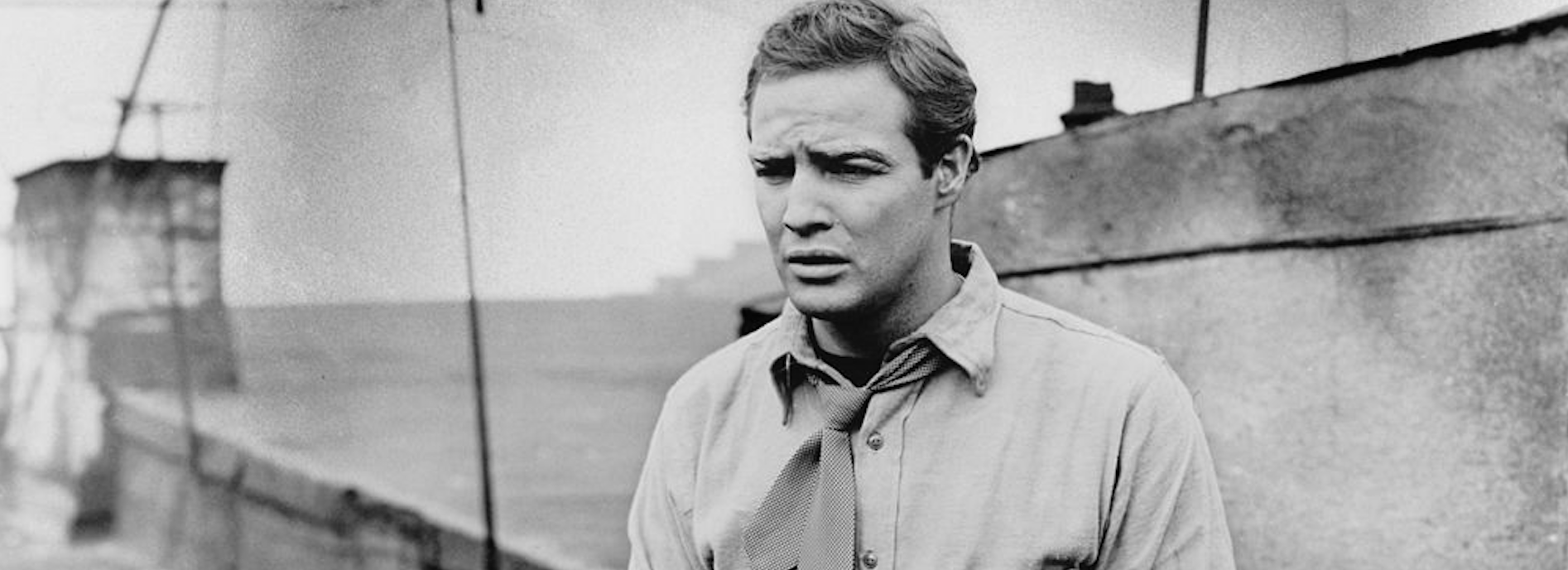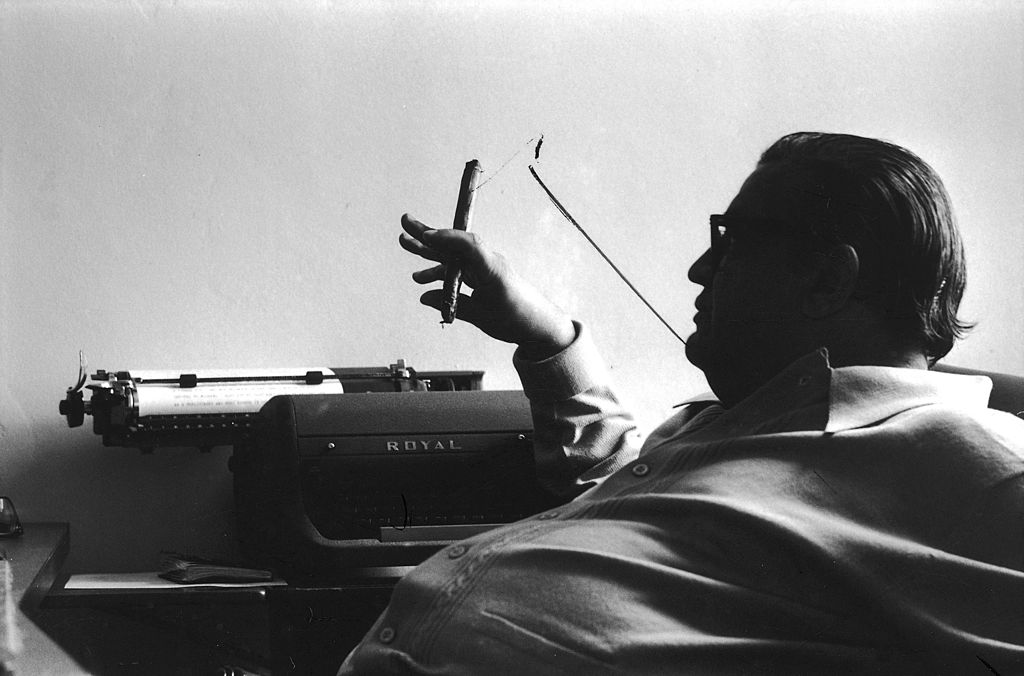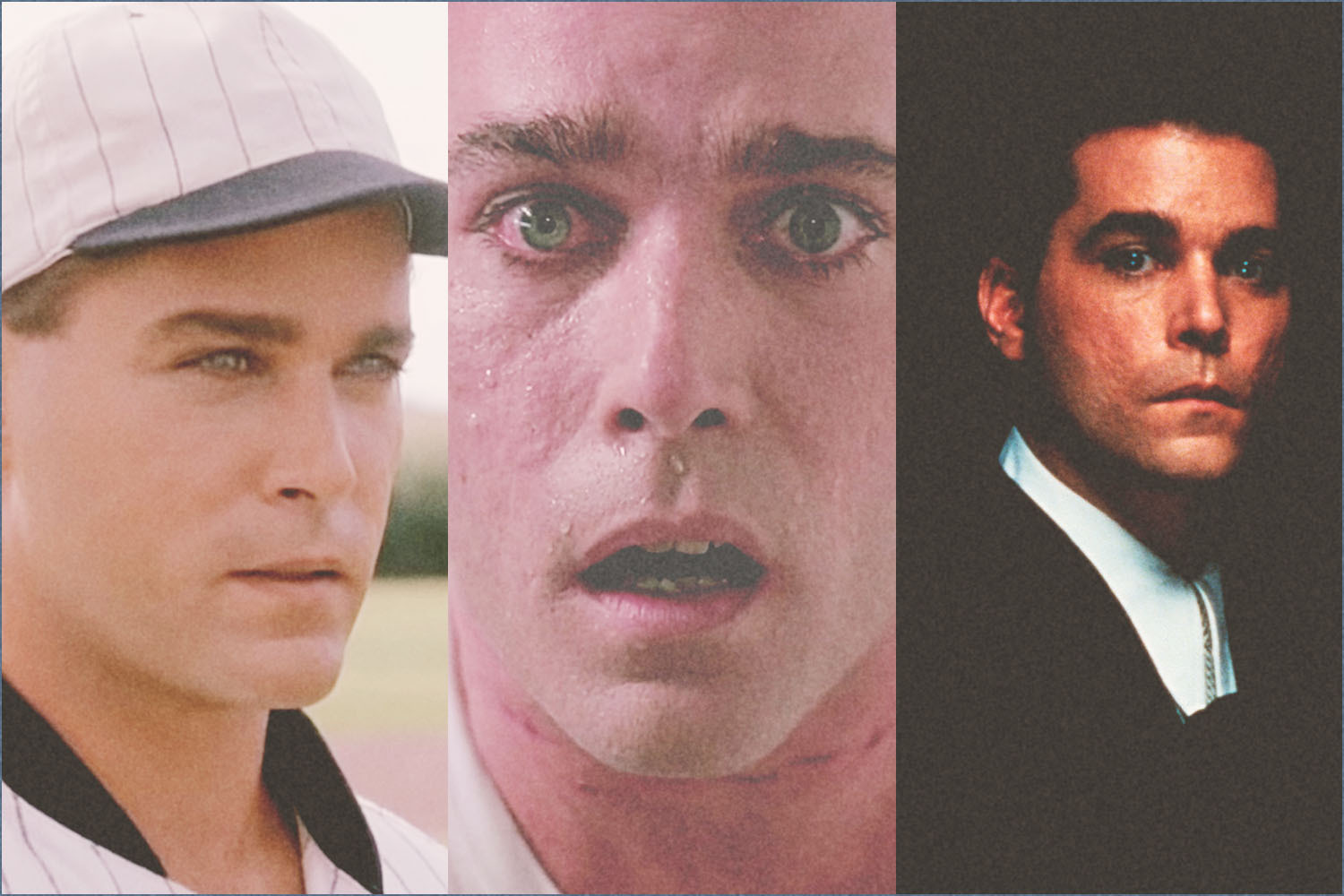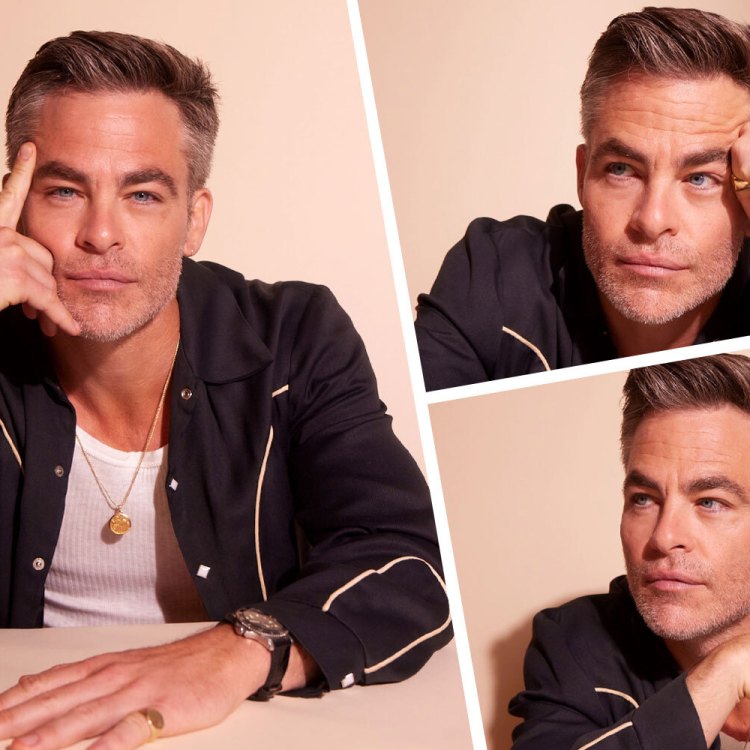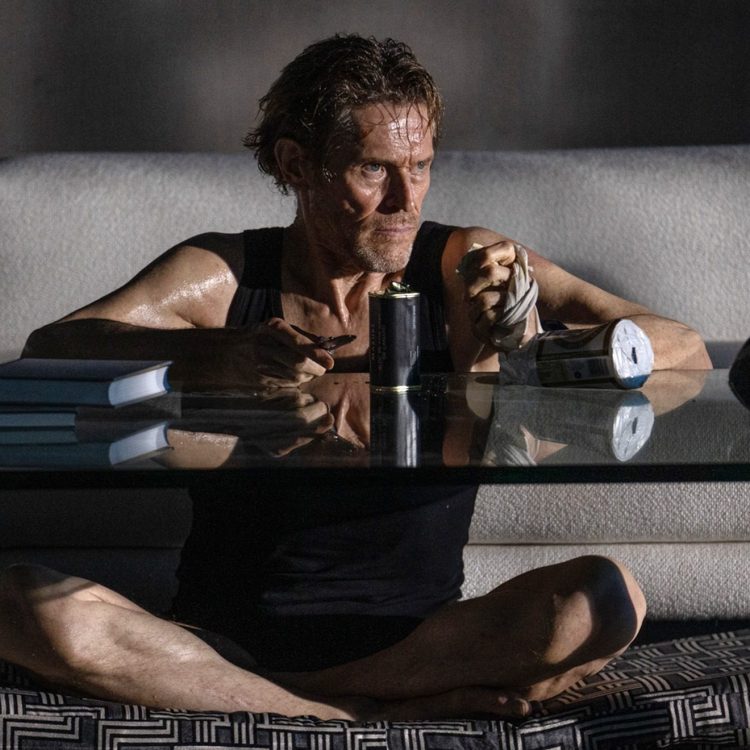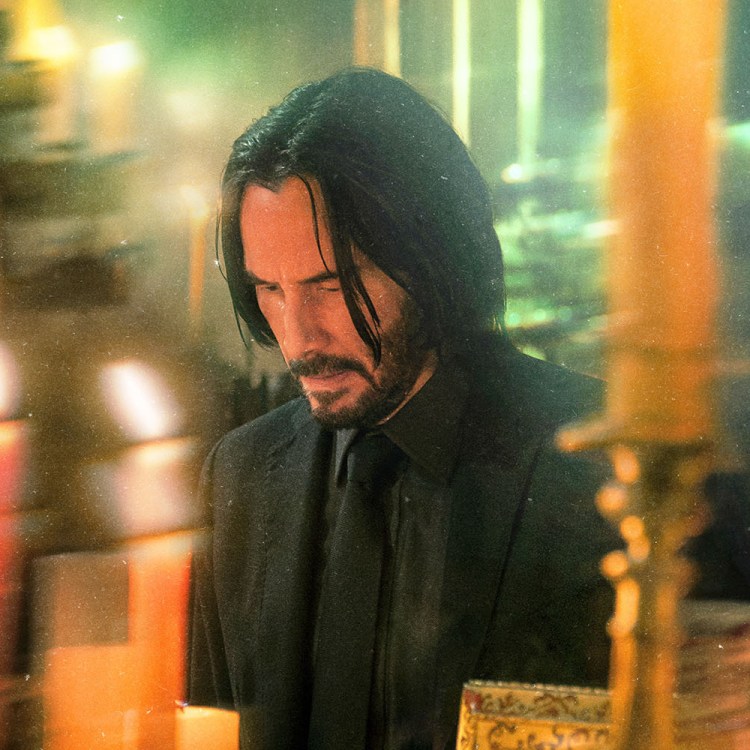James Caan died yesterday at the age of 82. If you know movies, you knew him. He was probably best known for playing Sonny Corleone, the eldest son in the crime family at the center of Francis Ford Coppola’s Godfather trilogy — mostly in the first film, but with a cameo in the second and an unseen ghost in the third (his illegitimate son becomes a major character). His Godfather character, combined with his weathered physicality, made him a go-to for crime pictures, especially later in his career, when his face alone offered easy tough-guy shorthand. This meant he could slip easily in junky action movies like Bulletproof or Eraser (both in 1996), or comedies like Honeymoon in Vegas (1992), Mickey Blue Eyes (1999) and Elf (2003). The best of these later-period roles is probably his hilarious work in Wes Anderson’s Bottle Rocket (1996), where he plays a landscaper and criminal dabbler who indulges the caper fantasies of Dignan (Owen Wilson) in order to further his own illegal activities.
Before he became character-actor fixture, though, Caan was a leading man in a number of dramas, including The Gambler (1974), Comes a Horseman (1978), his directorial debut Hide in Plain Slight (1980) and — after an extended break in the ’80s — his somber Coppola reunion Gardens of Stone (1987). These days, the most-watched entry from this period of his career is probably Thief, a Michael Mann crime drama from 1981. It’s currently streaming on the free ad-supported service Tubi, and for anyone who knows Caan primarily as a working-actor archetype, it’s a revelation. For Caan himself, it’s a concise tribute to his talent as both an actor and a movie star.
Thief owes its lofty reputation to Michael Mann cultists, and it’s easy to see why: It has his signature masculine procedural professionalism, richly visualized in images that sometimes resemble a series of paintings: portraits, landscapes, occasionally abstracts. Caan plays Frank, an ex-con and current jewel thief who owns a bar and a car dealership as a front for his more lucrative, illegal operations. He embarks, of course, on one last job, intended to finance a new life with his girlfriend Jessie (Tuesday Weld).
Yet despite his slick professionalism and well-ordered cover story, Frank is rougher around the edges than most of Mann’s subsequent protagonists. Off the job, he can be short-fused and coarse. Hoping to adopt a child, he tries to bribe an adoption caseworker. An earlier date scene with Jessie is hilariously unpleasant, with Frank impatiently haranguing her about what he does for a living. “Let’s cut the mini-moves and the bullshit,” he says, “and get on with this big romance.” The conversation moves to a coffee shop overlooking the highway, and they’re still brusque with each other, but as they exchange information about their personal hardships, both of them soften slightly. As they open up, the scene starts to resemble an early draft of the famous coffee-shop détente Mann would later stage for fellow Godfather players Al Pacino and Robert De Niro in Heat. Weld is good in the scene, but it’s Caan who leads, as Frank tells the story of his prison time in a way that somehow projects bravado, stoicism and wounded regret all at once. He’s pleading without quite admitting it.
In some of his later roles, Caan had more presumed authority: a glowering figure who needs to be impressed or avoided. There’s some of that here, including a memorable scene where Frank barges into the office of someone who owes him money: “I am the last guy in the world you wanna fuck with,” he says, and it’s a line that could belong to any number of less memorable Caan characters over the years. It may well have, in fact; who can remember what the bad guy from Bulletproof says? (Whatever he says, he’s also named Frank, so there’s a start.) Thief is slicker than many of Caan’s crime pictures while zooming in on a character whose slickness has the same limits as so many working people: opportunity, temper, time.
When an actor becomes such a constant, familiar presence across a hundred or so movies, it’s easy to forget about those limits. It’s not that James Caan seemed like he could play any character in any time period; rather, he often seemed immovable, even in lighter fare. Think of Honeymoon in Vegas, where goofball-everyman Nicolas Cage must run a strenuous gauntlet just to romantically out-maneuver a Caan character who firmly knows what he wants: Cage’s fiancee. Despite his position as the conniving heavy of the picture, Caan has moments of gentleness, even politeness; Thief, then, is far from the only movie with vulnerability beneath his tough exterior. But it may be his most striking balance of character-study detail and crime-movie iconography. It’s no accident that the way Caan holds his gun in that office scene became a signature image for the film’s advertising. Frank’s skills and instincts ultimately take over; at the end of the film, he moves through the home of an enemy with coiled precision, after he’s lost much of what he’s worked for. As with a lot of Mann’s criminal characters, the badassery has undercurrents of tragedy. Back in that diner scene, Frank lays his personal urgency on the Formica table: “I have run out of time… I can’t work fast enough to catch up, I can’t run fast enough to catch up.” Frank has his personal failings, but this isn’t one of them; Caan worked fast enough, and time still caught up.
This article was featured in the InsideHook newsletter. Sign up now.

